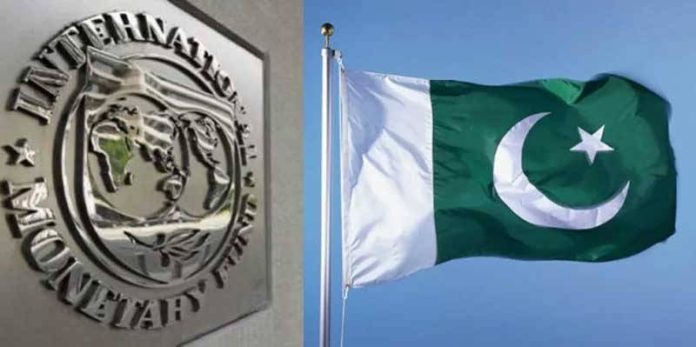Continuous Economic Reform: A Necessity
Deep, structural economic reform is a continuous and vital process. China understands this well, especially in the face of economic challenges and geopolitical tensions. Pakistan, however, has yet to fully grasp this concept.
Recent CPC Meeting: A Blueprint for Reform
Recently, the Communist Party of China (CPC) held a crucial meeting, known as the third plenum, to outline a comprehensive blueprint for economic reform. The most significant outcome of this four-day meeting was the adoption of a reform resolution. Beijing announced several major measures aimed at rebooting growth, addressing challenges like government debt and a housing slump, and fostering foreign investment. Their goal is to build a high-standard socialist market economy by 2035.
Sustained Economic Growth: A Key Objective
China aims for sustained economic growth over the next decade to achieve socialist modernization, creating a fairer and more dynamic market environment. The focus will be on fostering “new quality productive forces,” emphasizing technology and advanced manufacturing.
Historical Significance of Third Plenary Sessions
Historically, the Third Plenary Sessions of China’s ruling Communist Party, held approximately every five years, have been pivotal in China’s economic development. These sessions have consistently tackled structural issues and mapped out long-term social and economic policies. Previous sessions opened China to foreign businesses and liberalized the Yuan, integrating China further into the global economy.
Attracting Global Investors and High-Quality Development
The latest session aims to make China attractive to global investors and steer the country toward “high-quality development” while managing financial imbalances. The reform resolution includes 300 measures covering various areas, such as the economy, democracy, ecological conservation, and national security. These reforms are crucial for China’s economic development and global positioning.
Addressing Risks and Challenges
China’s economy has remained stable despite global downturns, but it faces growing risks and challenges, including economic protectionism and geopolitical tensions. The reform measures are designed to tackle these issues and ensure continuous high-quality development.
Commitment to Reform and Opening Up
The third plenum reaffirmed China’s commitment to reform and opening up, providing a clear path for future development and boosting confidence both domestically and internationally. Han Wenxiu, executive deputy director of the Office of the Central Committee for Financial and Economic Affairs, emphasized the importance of building a high-standard market system and improving the market mechanisms for production factors such as labor, capital, land, knowledge, technology, management, and data.
Timeline for Reform Implementation
The tasks outlined in the meeting are set to be completed by 2029, marking the 80th anniversary of the founding of the People’s Republic of China. The meeting also endorsed President Xi Jinping’s call for “high-quality development,” prioritizing technological investment and encouraging companies to upgrade their equipment and knowledge, especially as China faces restricted access to Western advanced technology.
Global Cooperation and Expansion
China has committed to maintaining its policy of “opening to the outside world” and expanding cooperation with other countries. This move reassures foreign businesses and investors of China’s commitment to global economic integration and high-level expansion.
Lessons for Pakistan
Pakistan must learn from its Chinese friends and adopt a similar reform blueprint to navigate its current economic and geopolitical challenges. By streamlining talent, reforming the state sector, improving economic governance, and creating a conducive environment for private sector growth, Pakistan can open itself up to the world for investment and drive economic prosperity.









